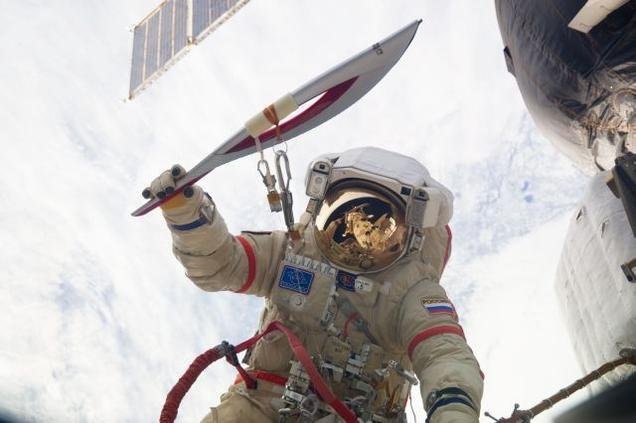Looking for an out-of-the-world job opportunity? NASA is now accepting applications for next class of astronauts who may some day fly to the ISS or even land on Mars.
The astronaut candidate application website will be accepting submissions through February 18, 2016. NASA expects to announce final candidate selections in mid-2017.
Those chosen candidates may fly on any of four different US spacecraft during their careers – the International Space Station (ISS), two commercial crew spacecraft currently in development by US companies, and NASA’s Orion deep-space exploration vehicle.
“NASA is on an ambitious journey to Mars and we’re looking for talented men and women from diverse backgrounds and every walk of life to help get us there,” said NASA Administrator and former astronaut Charles Bolden.
“This group will launch to space from US soil on American-made spacecraft and blaze the trail on our journey to the Red Planet,” he said.
NASA astronauts will again launch to the ISS from Florida’s Space Coast on American-made commercial spacecraft – Boeing’s CST-100 Starliner and the SpaceX Crew Dragon.
These spacecraft will allow NASA to add a seventh crew member to each station mission, effectively doubling the amount of time astronauts will be able to devote to research in space, expanding scientific knowledge and demonstrating new technologies.
Astronauts also will lift off again from NASA’s Kennedy Space Centre in Florida aboard the Orion spacecraft, launched on the agency’s Space Launch System rocket, to unprecedented missions in lunar orbit.
There, the space agency will learn more about conducting complex operations in a deep space environment before moving on to longer duration missions as it progresses on its journey to Mars.
To help accomplish this work, NASA will select qualified astronaut candidates with a wide variety of backgrounds, including engineers, scientists and physicians.
“NASA’s mission, and what we need from the astronauts helping to carry it out, has evolved over the years,” said Brian Kelly, director of Flight Operations at NASA’s Johnson Space Centre in Houston.
“Some people would be surprised to learn they might have what it takes. We want and need a diverse mix of individuals to ensure we have the best astronaut corps possible,” said Kelly.
Astronaut candidates must have a bachelor’s degree from an accredited institution in engineering, biological science, physical science, computer science or mathematics. An advanced degree is desirable, NASA officials said.
Candidates also must have at least three years of related, progressively responsible professional experience, or at least 1,000 hours of pilot-in-command time in jet aircraft.
Astronaut candidates must also pass the NASA long-duration astronaut physical test.
Source : Google



